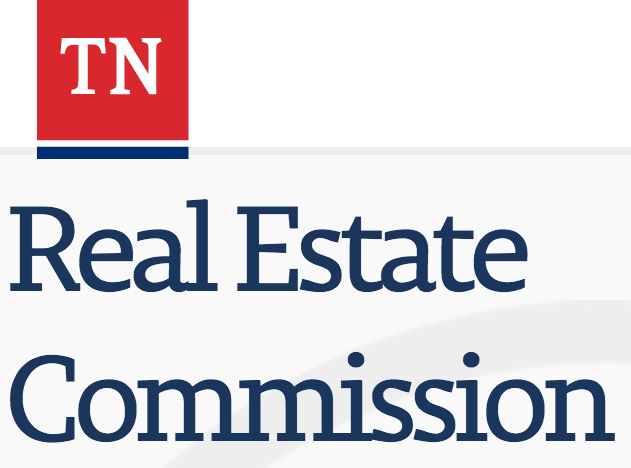
Real estate and stocks are both excellent investment vehicles, but each has its own set of advantages and disadvantages. These are the key differences: Liquidity and Risks. Location is important. Profits are crucial. Real estate investments may be better for people who want to earn a passive income stream in the long term. Real estate offers passive income streams as well as the possibility of substantial appreciation. Stocks are, however, subject to market, economic and inflation risks. Buying stocks does not require a large cash injection, but they can be bought and sold easily.
Profits
Real estate investing has many benefits. For starters, real estate can create cash flow. Cash flow refers to the money that remains after expenses are paid. Rental income will help you offset expenses and put money in your pocket. Your cash flow will increase the longer you keep a property. Tax breaks and deductions available for real property can be taken advantage of. These tax deductions include deductions for reasonable expenses relating to operation or ownership.
Investing is real estate gives investors the freedom they seek. You can gradually build a portfolio and use the rental income to supplement your income. Fix-and-flip income can be used as your primary source of income. You can also manage your property on your own terms, allowing you to be flexible and free. You are your boss. No one else is dictating your hours, and there are no salary limits when it comes to working in this field.

There are risks
It is important to know the differences between stocks and real estate investing. Real estate is a more stable investment than stocks. The risk of capital loss is much lower with real estate, as the land you own serves as collateral for your initial investment. Stocks on the other side are more liquid and you can cash out anytime. Stocks can also produce income via dividends. Investors should be aware that stock prices can fluctuate and could cause investors to make emotional decisions.
In addition to being higher risk, you will have to wait for your return to see a positive impact. Stocks can earn a 10% annual return, while realty returns 3 to 4 percent. You will still see a 20% annual return if you have at least 20% equity in the property. This is far more than what you would get from stocks. Moreover, it can be difficult to find properties with good values and then sell them for less than what you paid for them. You could also face a tax penalty for selling your property within a short time frame, which is higher than the normal return of the real estate market.
Liquidity
Liquidity is the ease at which an investor can turn their investment into cash. Stocks are more liquid that real estate investments as they can be traded during normal market hours. While it may take a few days to sell an entire position in stocks, investors can get their money when they want. Real estate investments, however, are not liquid and may take years to appreciate.
Another benefit of real estate investing is that returns come from income instead of capital gains. This makes the whole process easier. Additionally, the income component automatically increases with inflation. Investors can therefore spend their real estate profits more quickly. Another benefit of investing in real estate is that it is less volatile. Withdrawals from this type of investment are more secure, and less likely to be affected short-term volatility. No matter what your preferences are, there is a strategy to suit you.

Localization
Directly investing in real estate may not be for everyone. Real estate can be a great addition to your portfolio if you're looking for a balanced portfolio. The stock market is easy to get involved with and maneuver. Additionally, investing in real property is less risky that investing in index funds. If you are thinking about investing in real estate, here are some tips to help you make an informed decision:
FAQ
What is a reverse mortgage?
Reverse mortgages are a way to borrow funds from your home, without having any equity. You can draw money from your home equity, while you live in the property. There are two types of reverse mortgages: the government-insured FHA and the conventional. Conventional reverse mortgages require you to repay the loan amount plus an origination charge. FHA insurance covers the repayment.
What are the pros and cons of a fixed-rate loan?
With a fixed-rate mortgage, you lock in the interest rate for the life of the loan. You won't need to worry about rising interest rates. Fixed-rate loans have lower monthly payments, because they are locked in for a specific term.
How many times can I refinance my mortgage?
This depends on whether you are refinancing with another lender or using a mortgage broker. You can typically refinance once every five year in either case.
How long does it take for my house to be sold?
It all depends upon many factors. These include the condition of the home, whether there are any similar homes on the market, the general demand for homes in the area, and the conditions of the local housing markets. It may take up to 7 days, 90 days or more depending upon these factors.
What should you look for in an agent who is a mortgage lender?
A mortgage broker helps people who don't qualify for traditional mortgages. They look through different lenders to find the best deal. There are some brokers that charge a fee to provide this service. Others offer free services.
What are the drawbacks of a fixed rate mortgage?
Fixed-rate mortgages have lower initial costs than adjustable rates. You may also lose a lot if your house is sold before the term ends.
How can I eliminate termites & other insects?
Your home will eventually be destroyed by termites or other pests. They can cause serious damage to wood structures like decks or furniture. You can prevent this by hiring a professional pest control company that will inspect your home on a regular basis.
Statistics
- The FHA sets its desirable debt-to-income ratio at 43%. (fortunebuilders.com)
- This seems to be a more popular trend as the U.S. Census Bureau reports the homeownership rate was around 65% last year. (fortunebuilders.com)
- Based on your credit scores and other financial details, your lender offers you a 3.5% interest rate on loan. (investopedia.com)
- Private mortgage insurance may be required for conventional loans when the borrower puts less than 20% down.4 FHA loans are mortgage loans issued by private lenders and backed by the federal government. (investopedia.com)
- This means that all of your housing-related expenses each month do not exceed 43% of your monthly income. (fortunebuilders.com)
External Links
How To
How to find houses to rent
For people looking to move, finding houses to rent is a common task. Finding the perfect house can take time. There are many factors that can influence your decision-making process in choosing a home. These factors include price, location, size, number, amenities, and so forth.
To make sure you get the best possible deal, we recommend that you start looking for properties early. Consider asking family, friends, landlords, agents and property managers for their recommendations. This will ensure that you have many options.